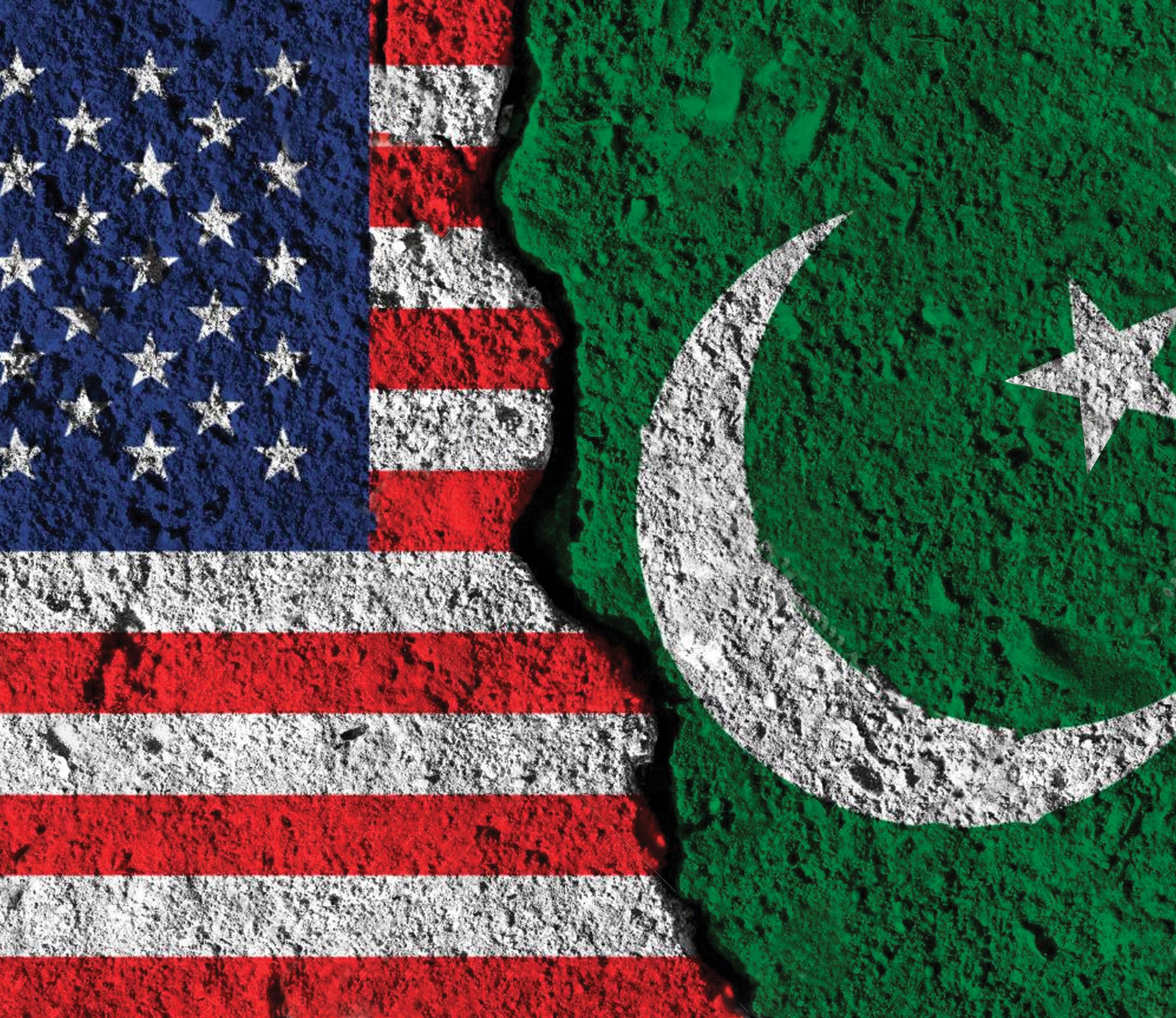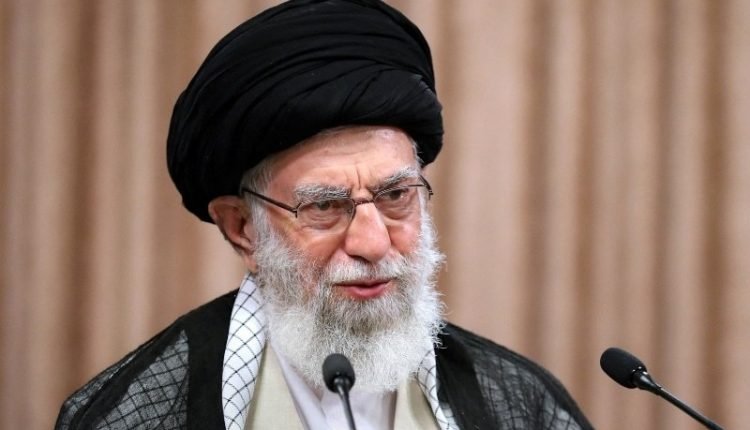Arshad Mahmood Awan
The control of advanced weaponry by the Taliban has ignited a grave concern, not only within the South Asian region but globally, as it threatens regional stability and international security. This precarious situation has become a focal point for international diplomacy, especially in the context of US-Pakistan relations. The growing awareness of these risks has sparked the first steps toward renewed cooperation between the two countries, primarily focusing on indirect channels through Pakistan. This diplomatic engagement signals a potential shift in the relationship, one that could redefine the way the two nations interact in the 21st century.
At the core of the current dialogue between Islamabad and Washington lies the acknowledgment of the pressing need for a strengthened partnership. In separate statements, both Pakistan’s Foreign Office and the US State Department have expressed the importance of deepened collaboration. Pakistan’s Minister of Finance and Deputy Prime Minister, Ishaq Dar, highlighted the need for economic ties to be strengthened, particularly in light of Pakistan’s continuous efforts in counterterrorism. These statements reflect an understanding that military cooperation alone will not suffice in addressing the complex security challenges posed by the Taliban’s access to sophisticated weaponry. Instead, a multi-faceted approach, encompassing both security and economic growth, is needed to stabilize the region and counter global threats.
The situation presents a unique opportunity for Pakistan to reposition itself in the international arena. As the US is grappling with its own economic priorities under the leadership of Donald Trump, Pakistan has an opening to present itself not just as a security partner, but as a country with abundant investment potential. Pakistan is home to vast untapped resources, particularly in sectors such as minerals, technology, and green energy. By focusing on these areas, Pakistan could become a key player in global markets, offering much-needed investment opportunities that align with the changing dynamics of global economic development.
Pakistan’s role in combating terrorism, despite its own internal struggles, has long been recognized. However, what has been less acknowledged is the country’s economic potential. The importance of harnessing this potential cannot be overstated. As the world increasingly shifts toward sustainability and technological innovation, Pakistan stands at a critical juncture where its natural resources and emerging sectors could drive significant growth. If Pakistan can craft a compelling economic roadmap that capitalizes on its strengths—such as its strategic geographic location, its young and dynamic workforce, and its vast mineral wealth—it could position itself as a critical partner in global economic development, alongside its security cooperation.
The issue of Taliban weaponry also presents an added layer of urgency to this diplomatic pivot. With the Taliban now in control of vast quantities of advanced military equipment, including weapons, drones, and aircraft, the potential for these weapons to be used in destabilizing ways is immense. Such weapons could not only threaten Pakistan’s security but could also spill over into neighboring countries, affecting global peace and security. As a neighbor of Afghanistan, Pakistan is uniquely positioned to address these challenges. However, the solution must go beyond military strategy. It will require Pakistan to present itself as a leader in regional economic development, thereby ensuring long-term peace and prosperity in the region.
This moment provides an opportunity for the United States to invest in Pakistan in ways that go beyond the traditional security framework. If the US is willing to engage with Pakistan not only in the context of counterterrorism but also in fostering economic ties, both nations stand to gain significantly. The US has long been a key player in shaping global economic trends, and Pakistan’s emergence as a strong economic partner could enhance the US’s interests in the region. By promoting investments in key sectors, the US can help Pakistan tap into its potential, creating a mutually beneficial scenario where both countries work together to secure their long-term interests.
Pl subscribe to the YouTube channel of republicpolicy.com for quality content:
It is important to recognize, however, that the road to a redefined US-Pakistan partnership is not without its challenges. There is still much work to be done in terms of rebuilding trust and establishing a cohesive strategy that balances both security and economic goals. The issue of Taliban weaponry will not be solved overnight, and the region’s instability may take years to stabilize fully. However, if Pakistan is able to present a unified policy front, demonstrating its commitment to both counterterrorism and economic development, it could attract the kind of long-term investment that would contribute to sustainable growth and regional stability.
The current moment is a delicate one. It is too early to declare success, but the groundwork for a new kind of partnership is being laid. By focusing on economic cooperation alongside security concerns, the US and Pakistan could establish a partnership that is more resilient, diversified, and sustainable. For Pakistan, the key lies in capitalizing on its strategic assets—both in terms of security and economic potential—and positioning itself as a critical partner for the future.
In conclusion, the US-Pakistan relationship is at a crossroads, shaped by the ongoing security challenges in Afghanistan, particularly the Taliban’s control of advanced weaponry. However, this crisis also presents an opportunity for both countries to redefine their partnership by emphasizing economic cooperation. Pakistan must seize this moment to showcase its potential in sectors like minerals, technology, and green energy, while continuing to demonstrate its commitment to counterterrorism. If the US and Pakistan can engage in a long-term partnership that balances both security and economic interests, they can build a foundation for a prosperous and stable future in South Asia and beyond.
















